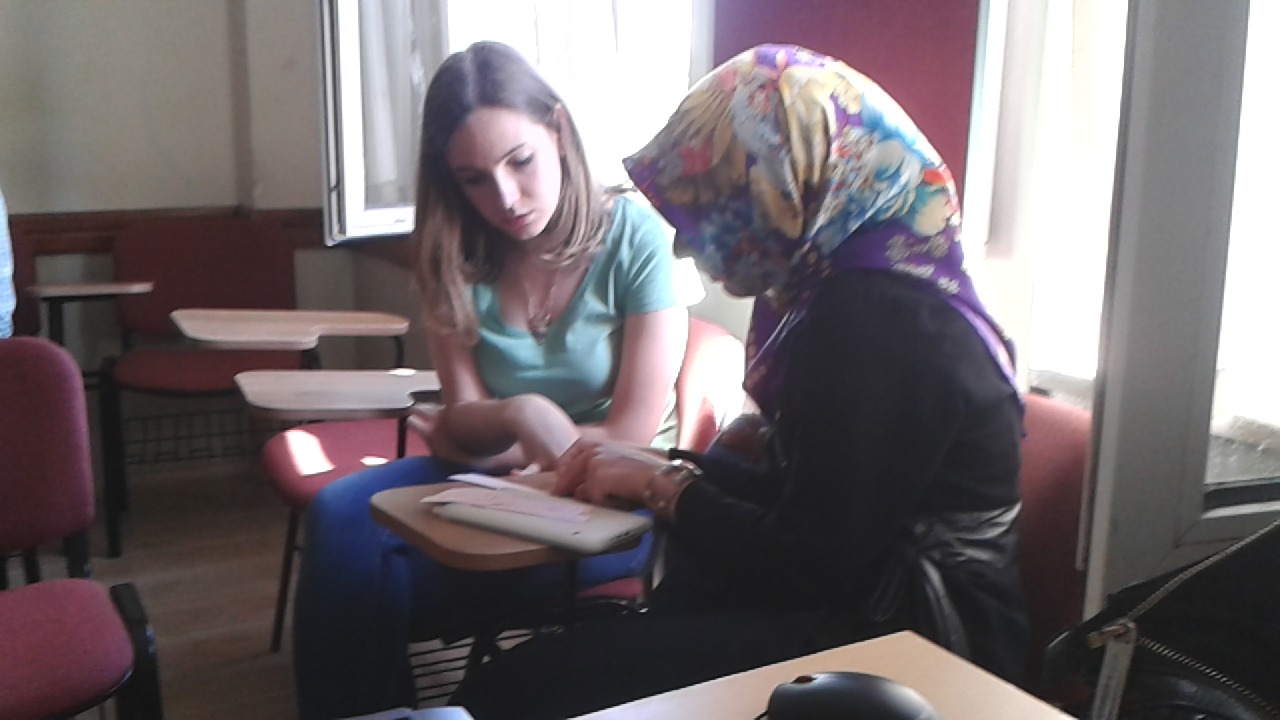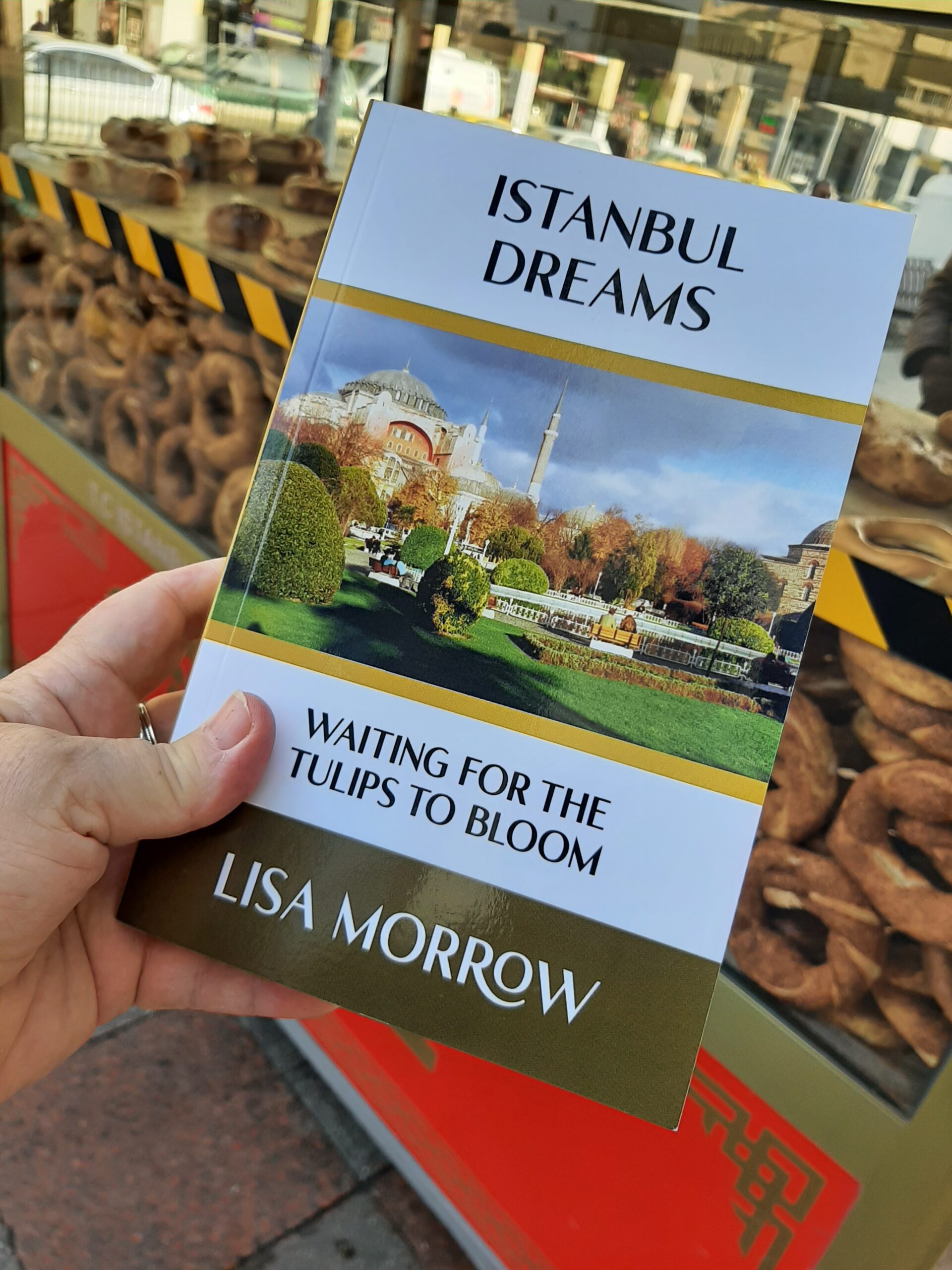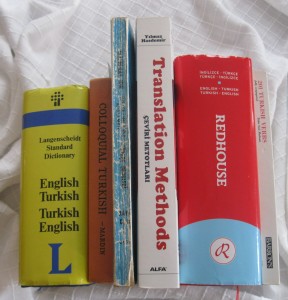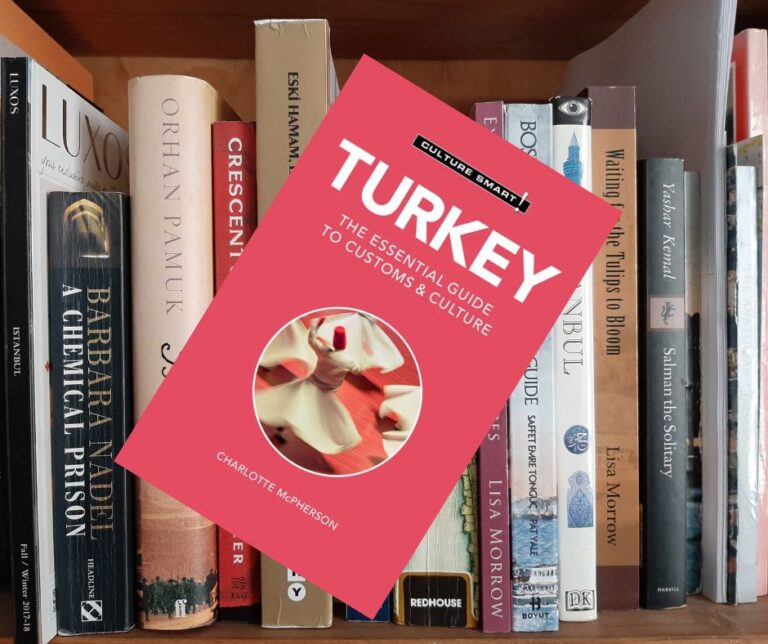Learning Turkish – Do As I Say
Where to begin?
My Turkish is largely self-taught, acquired on a need-to-know basis. As a result my experience of learning Turkish has been a largely hit and miss affair. I learnt by talking to doctors, real estate agents and assorted government personnel. These situation were fraught with tension and nerves as I had to get everything absolutely right. Failing to do so had serious consequences. Luckily these days I can practice my Turkish in more relaxed and rewarding ways.
With the help of my wonderful beautician Sakine Hanim, I have quashed the paralysing fear I used to experience at the mere thought of making a mistake. She and I can now easily discuss the ins and out of hair removal, whether by using ip (string) or ağda (wax), having clarified I want the stray hairs removed from my toes and not from my wings. This came about after I made her laugh hysterically when I told her I thought tüy were feathers on a bird, only to learn the word also means body hair. Until then I had thought that saç, or head hair, covered it all.
One-to-one or in a group?
Naturally, learning Turkish by osmosis involves a lot of trial and error and isn’t for everyone. To find out what other options are available, I spoke with a number of foreign women living here and asked their opinions about the best way of learning Turkish.
It’s clear from their answers that this differs greatly from person to person and depends on various factors. The big schools like Tömer and Dilmer, which have been running for years, offer standardised classes aimed at passing on as much theory as possible in a set structure. While learning Turkish this way works for some, the majority of women I spoke to said studying with newer, smaller schools, such as Kedicat in Istanbul, which combine grammar with an emphasis on speaking, result in more useful language acquisition. Those who chose a private teacher for learning Turkish in one-to-one lessons did so based on word-of-mouth. Only a few specifically looked for a trained teacher. As a qualified teacher of English, I agree with Lotte from Denmark who said, “you need someone who knows something about different methods of teaching and different learning styles”. People taught by creative teachers who vary their teaching methods get more out of classes, whether individually or in a group, than from more rigid lesson structures. Women who had tried one-to-one lessons reported that motivation was the biggest factor in their success. Louise of Ireland enjoyed the control she had when she took lessons in her own home but said, “the downside was it was easy to cancel lessons, easy to dally, and easy to call many breaks during the lessons”.
Despite their varying experiences, it’s clear that it doesn’t matter what age you are when you try learning Turkish, how long you have lived here or whether you have a Turkish partner or not. If you want to be successful, there are three main points to remember.
Grammar
Everyone agreed that the key to learning Turkish is to learn the grammar. I’ve worked my way through numerous teach yourself Turkish language books, including the “Hugo Turkish in Three Months”. Although the title is a bit of a misnomer because ninety days isn’t near enough time, the lessons are clearly explained and well laid out. Another title that got a repeat mention is the “Yeni Hitit” series, used in large and small schools alike.
Help Yourself
I’m old-fashioned so I still like to refer to printed English-Turkish dictionaries like Langenscheidt or Redhouse. Nevertheless I do use online sites for translation and practice and most of the women who answered my questions agreed this helps. In addition, there are many different websites you can use to advance your Turkish. As you go through them think about what sort of learner you are. I can’t pick up vocabulary unless I see the words, but other people learn better through hearing them. I prefer to brush up my grammar by practising certain activities, but others do better with rote learning. I teach for a living so I’m used to designing learning tools, but some people might find this too hard. You’ll need to experiment before you find the sites that work for you, but it’s well worth taking the time to find out if you’re serious about learning Turkish.
Talk to a Turk to talk like a Turk!
When I first came to Turkey the only way to connect with people was face-to-face, and most of the people I met were Turkish. Students became my friends, and although at first we mainly spoke English together, they slowly helped me understand more Turkish. Now the majority of my friends are Turkish and often I will be the one speaking in Turkish while they respond in English. In contrast, most of the women I spoke to have few Turkish friends, and even those married to Turks said their husbands usually spoke to them in English. Margaret* from Australia, told me that “Hubby is not the best teacher and gets frustrated with my grammar and accent!” She is undeterred, however, and continues to work on her Turkish, insisting you should, “Mix with locals not yabancı”, if you want to improve.

Final Word(s)
As a teacher of English to non-native speakers I am familiar with the difficulties of learning a new language. Even so, I was surprised when I learnt it took on average sixteen introductions to a new word before it ‘stuck’. New and continuing learners should bear this in mind next time they bemoan their lack of progress. Turkish is a very difficult language, so you shouldn’t be too hard on yourself if it doesn’t come naturally. Lotte always carries a dictionary in her bag and says, “Never give up, even if you think it’s hopeless! … The Turks are very tolerant and love to help you”.
Don’t be afraid to make mistakes, because you certainly can’t do worse than I have. Once I went into a stationery shop, dictionary in hand, to buy an envelope. I had carefully looked up the word I needed, and confidently announced, ‘Bir sarılmak istiyorum’. The shop owner looked puzzled and said ‘Pardon?’. Taking this to mean I hadn’t been clear enough I loudly repeated my sentence. Looking askance he gestured for my dictionary and had me show him what I wanted. When I pointed at zarf, the noun for envelope, he indicated the word I’d said. It was sarılmak, the verb meaning to envelop or hug. Thankfully he ignored my crimson face and I slunk away, an envelope enveloped in my hand.
So be brave and remember, most Turkish people will laugh with you and not at you. Just do as I say and not as I do and you’ll be learning Turkish in no time!
* name has been changed at participant’s request
Some useful resources
Although I am largely self-taught, I have found a few books and websites very useful to reinforce my knowledge. They are 201 Turkish Verbs and www.tureng.com. More recently I’ve discovered a very good online course with Fluent in Turkish.
*********************************
Planning to come to Istanbul or Turkey? Here are my helpful tips for planning your trip.
For FLIGHTS I like to use Kiwi.com.
Don’t pay extra for an E-VISA. Here’s my post on everything to know before you take off.
However E-SIM are the way to go to stay connected with a local phone number and mobile data on the go. Airalo is easy to use and affordable.
Even if I never claim on it, I always take out TRAVEL INSURANCE. I recommend Visitors Coverage.
I’m a big advocate of public transport, but know it’s not suitable for everyone all the time. When I need to be picked up from or get to Istanbul Airport or Sabiha Gokcen Airport, I use one of these GetYourGuide website AIRPORT TRANSFERS.
ACCOMMODATION: When I want to find a place to stay I use Booking.com.

CITY TOURS & DAY TRIPS: Let me guide you around Kadikoy with my audio walking tour Stepping back through Chalcedon or venture further afield with my bespoke guidebook Istanbul 50 Unsung Places. I know you’ll love visiting the lesser-known sites I’ve included. It’s based on using public transport as much as possible so you won’t be adding too much to your carbon footprint. Then read about what you’ve seen and experienced in my three essay collections and memoir about moving to Istanbul permanently.
Browse the GetYourGuide website or Viator to find even more ways to experience Istanbul and Turkey with food tours, visits to the old city, evening Bosphorus cruises and more!
However you travel, stay safe and have fun! Iyi yolculuklar.








Hi Lisa, any suggestions on where to learn Turkish in Ankara besides Tomer? I saw that there are unfortunately no Kedicat schools in Ankara.
I have only ever been to Ankara as a tourist (love the museum!) so I don’t know about Turkish schools there. However you could check to see if there are any couchsurfing groups doing language exchange. If you are serious about improving your Turkish these events can be a great way to learn and have fun at the same time!